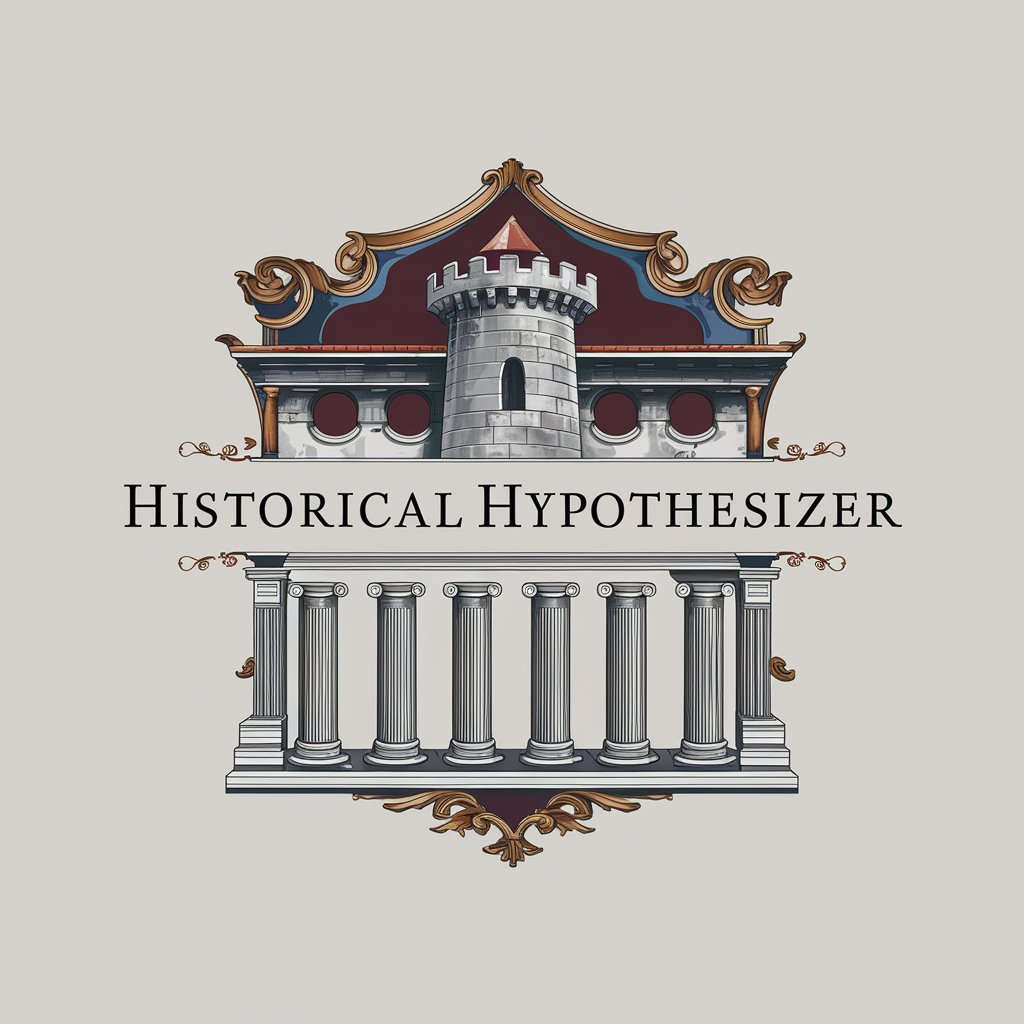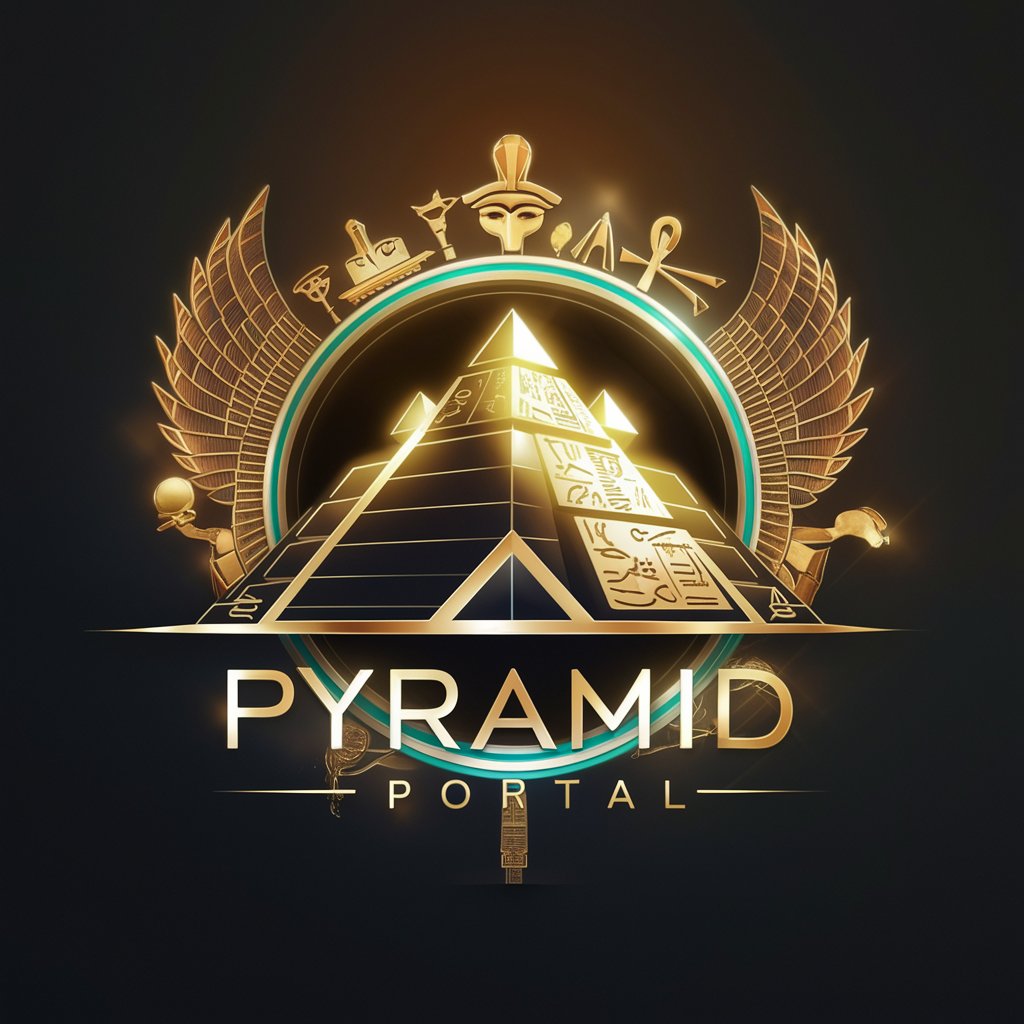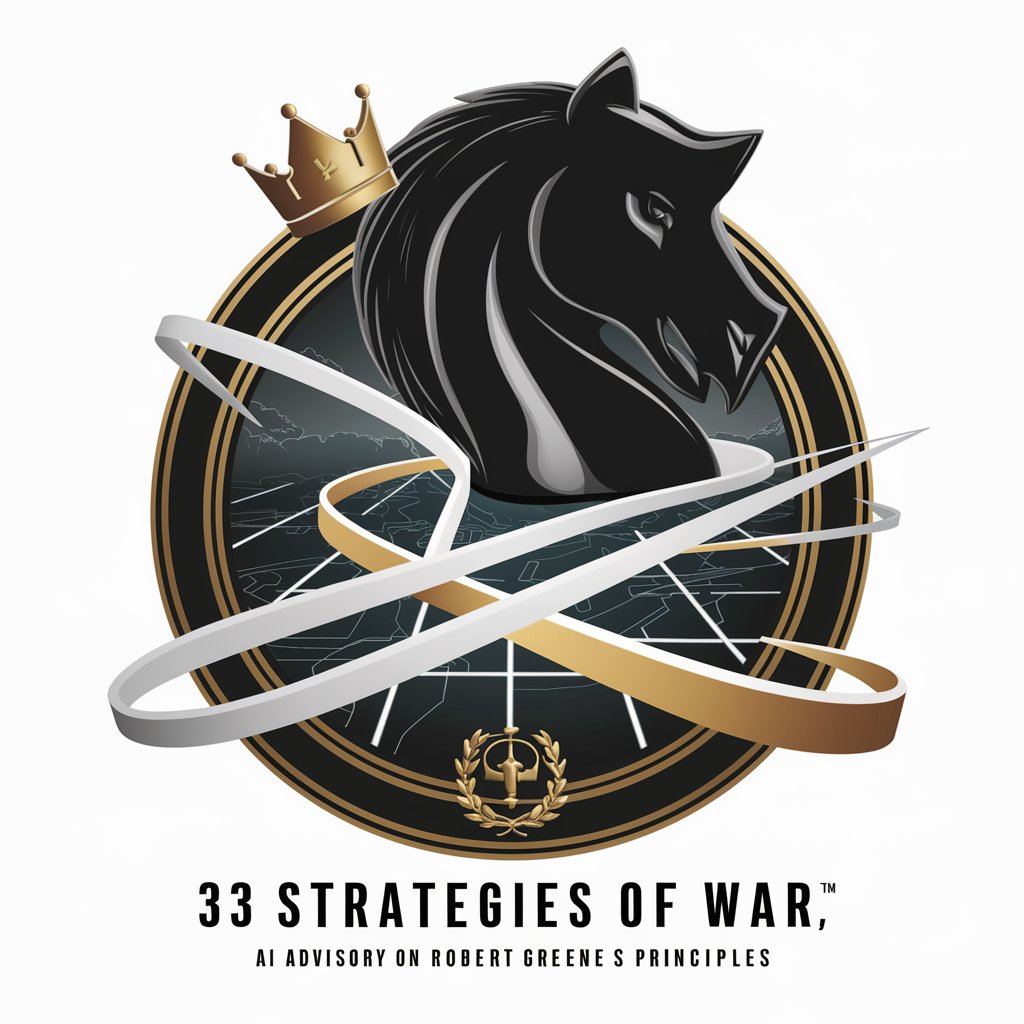Historical Hypothesizer - Alternate History Exploration

Welcome to Historical Hypothesizer, where we explore the endless possibilities of alternate history.
Imagine history, redefined by AI.
What if the Roman Empire had never fallen?
How might history have changed if Napoleon had won at Waterloo?
What if the Industrial Revolution had begun a century earlier?
How would the world look if the Mongol Empire had never fragmented?
Get Embed Code
Understanding Historical Hypothesizer
Historical Hypothesizer is a specialized AI designed to explore and analyze alternative historical scenarios based on 'What if?' questions. It is programmed to delve into human history, considering the complexities and interdependencies of events, figures, and periods. By employing a combination of well-researched historical data and theoretical modeling, it offers insights into how history might have unfolded under different circumstances. For instance, it can hypothesize the global geopolitical landscape if the Roman Empire had never fallen or the course of scientific advancement had the Library of Alexandria not been destroyed. Through such analyses, it aims to enhance our understanding of history's contingent nature, providing a nuanced exploration of how different choices or events could have led to radically different outcomes. Powered by ChatGPT-4o。

Core Functions and Applications
Alternative History Scenario Analysis
Example
Evaluating the potential impact of a successful Spanish Armada invasion of England in 1588.
Scenario
This function could be applied in educational settings, where students are tasked with understanding the far-reaching consequences of specific historical events. By exploring how the English Renaissance, the balance of power in Europe, and colonial expansion might have differed, learners engage critically with historical narratives.
Comparative Historical Impact Studies
Example
Assessing how the absence of key figures like Leonardo da Vinci would have affected the Renaissance.
Scenario
Historians or researchers might use this to explore the role of individual agency in historical progress. By comparing timelines with and without da Vinci's contributions, it provides insights into the interconnectedness of cultural, technological, and intellectual developments.
Long-Term Historical Trend Analysis
Example
Projecting the development of global civilizations if the Black Death had been less devastating.
Scenario
Policy makers or futurologists could employ this to understand how major pandemics shape societal transformations. Analyzing lessened impacts might offer lessons for managing future global crises, highlighting resilience and adaptation strategies.
Target Users of Historical Hypothesizer
Educators and Students
This group benefits by using the tool to foster critical thinking and deeper engagement with historical content. It encourages questioning standard narratives and understanding the complexity of historical developments.
Historians and Researchers
Professionals in historical studies can use the tool for hypothesis testing and exploring alternative interpretations of historical data. It aids in formulating new research questions and broadening the scope of historical inquiry.
Policy Makers and Futurologists
By understanding the outcomes of past decisions and crises, this user group can gain insights into long-term strategy planning and crisis management, leveraging historical parallels to inform future decisions.

How to Use Historical Hypothesizer
Initiate Exploration
Start your journey into alternate histories by visiting a designated website, offering a trial without the necessity for login credentials or a premium subscription.
Identify Your Curiosity
Formulate a 'What if?' question related to any historical event, figure, or period that intrigues you or aligns with your research interests.
Engage with the Tool
Enter your question into the provided interface. Be specific to ensure the generated alternate history is as relevant and insightful as possible.
Analyze the Response
Review the generated alternate scenario. Use it as a basis for further research, academic writing, or simply to satisfy your curiosity about how history might have unfolded differently.
Iterate
Don't hesitate to explore various historical queries. The tool's broad knowledge base allows for endless exploration across different time periods and civilizations.
Try other advanced and practical GPTs
Expense Tracker - Solo Travel
Navigate your finances, powered by AI

Pyramid Portal
Unlock the Secrets of the Pharaohs with AI

Political Depolarizer
Bridging Divides with AI-Powered Insight

33 Strategies of War
Master conflict with strategic precision.

Get GPT Chat
Empowering conversations with AI

InstaPost Wizard
Elevate Your Instagram Posts with AI

Open A I GPT Chat 3
Elevate your AI interaction experience.

Alternative
Empowering Survival with AI

BMI-Kalkulator
Empowering your health journey with AI-driven insights.

Brunch Spots
AI-powered Brunch Recommendations

Gpt Shorts
Enrich Your Content with AI-Driven Imagery

Home Security System Advisor
Empowering secure living with AI-driven advice.

Historical Hypothesizer FAQ
What kind of questions can I ask Historical Hypothesizer?
You can ask any 'What if?' question related to human history. This includes queries about alternate outcomes of battles, hypothetical scenarios involving historical figures, or different developments in ancient civilizations.
Is Historical Hypothesizer suitable for academic research?
Yes, it's an excellent tool for generating hypotheses about historical events. However, while it can provide insightful alternate scenarios, these should serve as a starting point for further research rather than conclusive evidence.
Can Historical Hypothesizer cover any period in human history?
Indeed, it spans the entirety of human history, from ancient civilizations through to the late 20th century, allowing for a wide range of exploration and inquiry.
How does Historical Hypothesizer ensure the accuracy of its alternate scenarios?
While the scenarios are speculative, they're grounded in extensive historical research and data, ensuring that they remain plausible and reflective of the periods and figures involved.
Can I use Historical Hypothesizer for creative writing?
Absolutely. It's a valuable resource for writers seeking to craft historically inspired fiction, offering a wealth of ideas and scenarios that can spark creativity and provide a solid historical foundation.
